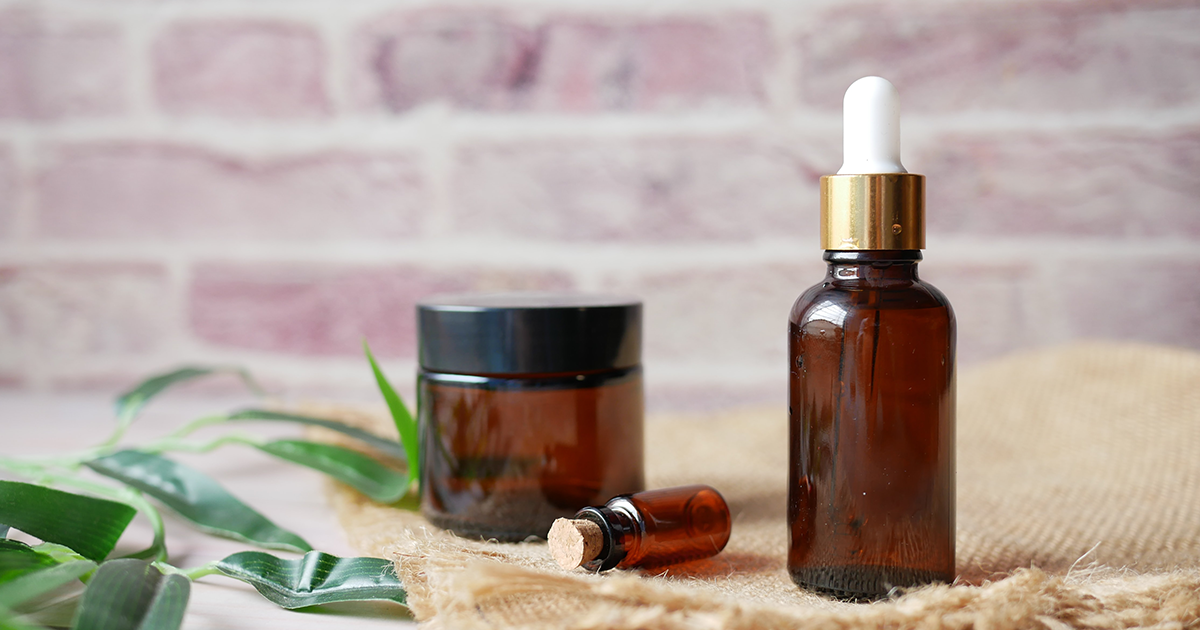One out of every three Americans over the age of 65 falls each year. Fortunately, most falls do not result in serious injuries, yet almost half of these falls can be prevented. There are many causes for falling but the primary trigger is loss of balance. In fact, about forty-five percent of people over age 45 experience dizziness or balance problems.
As we age, our vision, hearing, coordination, strength, and reflexes all fade slowly from the peak performance of our youth. These gradual losses can be easily ameliorated with some simple, positive steps and the right attitude. We all want to stay active and fit for a multitude of good reasons.
Here are four suggestions to prevent falls:
- Stay physically active. If you are not already active, get started with a general exercise program. Consider walking, water exercise or palates and tai chi—the latter two having become very popular exercises that involve slow and graceful dance-like movements. NCH’s two Wellness Centers, as well as other county and commercial gyms, have many classes to get people started and then maintain a frequent exercise program. Being in a group class usually makes the activity more enjoyable which, in turn, makes you more likely to continue participating.
For exercises on your own, you can pretend you are on a tight rope and walk heel to toe. You can place a paper plate on your head and walk without dropping the plate. Also try standing on one foot at a time or seeing how long it takes for you to get up from a chair, walk ten feet, turn around and sit back down. This last exercise is actually a geriatric test called “Get Up and Go,” which assesses people for risk of falling and frailty.
- Since most falls occur at home, you have a wonderful opportunity to create an environment in which you are less likely to fall. Remove the clutter, keep the lighting appropriate, particularly at night, be sure your furniture is stable, and secure any rugs so they won’t slip. Obviously, keeping floors clean and dry, which can be challenging in a bathroom, is most essential.
Having grab bars in the bathroom and in other critical areas in one’s home is so important and easy to do. Night lights, especially in critical pathways between bed and bathroom, are an easy and inexpensive way to add safety to the area.
- Footwear also makes a huge difference. Having the right size is critical since our feet do change in size as we age and move to southern regions. In warmer climates like southwest Florida, feet swell. Even from the beginning of the day to the end of the day, feet and ankles retain fluids, swell and can cause pain and a potentially awkward gait. High heels look nice but are unstable and, in certain situations, an accident waiting to happen. The soles of shoes should be non-slip and not so thick as to adversely affect one’s balance.
- Finally, perhaps the most important preventable cause of falls in the elderly is excess medication. Dr. Joseph Ouslander, a Professor of Clinical Biomedical Science and noted geriatrician, recently shared the dangers of polypharmacy—the practice of administering multiple medications—with the NCH Medical staff. He gave example after example of patients with a few different illnesses, such as heart disease, diabetes, high blood pressure, arthritis, etc., getting too many different drugs. These medications interact, often causing patients to become confused and their condition to deteriorate. Then people develop additional problems such as a fall with injury.
In general: the fewer the medicines, the better. There should be a specific purpose for each medication, and constant monitoring by one’s physician is essential in order to prevent other conditions and make matters worse.
Falling and the fear of falling do not have to be part of your life. We all have the ability to stay securely on our feet and decrease the chance of experiencing a fall. Please share these tips with friends and family and continue to take an active interest in your own health.






